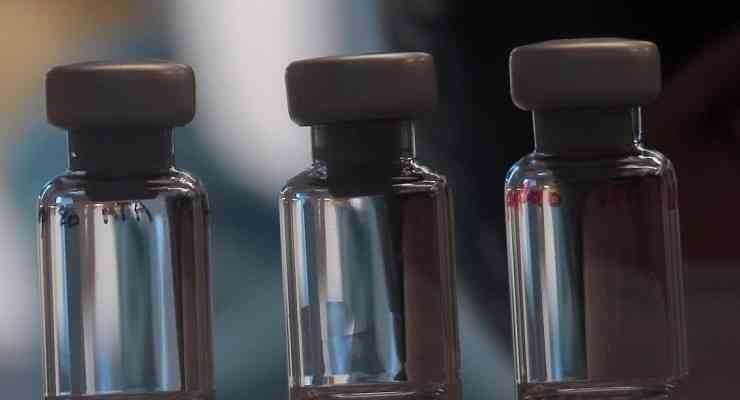Sales of China’s covid-19 vaccine drop as nations switch to mRNA vaccines
- ByManjeet Singh | September 30, 2021

The Chinese vaccination campaign saved countless lives in the early days of the Covid-19 vaccine rollout. As a result, inoculation programs were launched in Asia, Latin America, and the Middle East, while richer countries hoarded scarce mRNA shots from Pfizer Inc. and Moderna Inc. However, as concerns mount about Chinese vaccines’ efficacy against the delta strain and as Western holds on mRNA supply grow looser, many governments that had previously relied on Sinovac Biotech Ltd. or Sinopharm Group Co Ltd are switching to options from the US and Europe. Customs data from China suggests this preference has already been visible. The exports of human vaccines dropped 21% in August to $1.96 billion from $2.48 billion in July, after rising steadily since Dec. 2020.

Clinical trials have shown China’s inactivated vaccines to be between 50% and 80% effective. However, the delta variant is highly transmissible, and it is unclear whether the vaccines will be effective against it. When faced with the deadly second wave, the Thai government became the first in the world to offer an AstraZeneca shot to those who had already received Sinovac injections. Even though it does not use mRNAs, Pfizer’s viral vaccine was shown to be more effective than the Chinese shot in Thai studies.
Many governments that previously ordered Chinese shots are now requesting or ordering mRNA vaccines instead. After U.S. President Joe Bidens promises to donate 1.1 billion mRNA shots, Europe saying that it will provide hundreds of millions of vaccines and as India prepares to once again export AstraZeneca vaccines after curtailing shipments following its deadly second wave, the demand for the Chinese vaccines is certainly going to go down.









